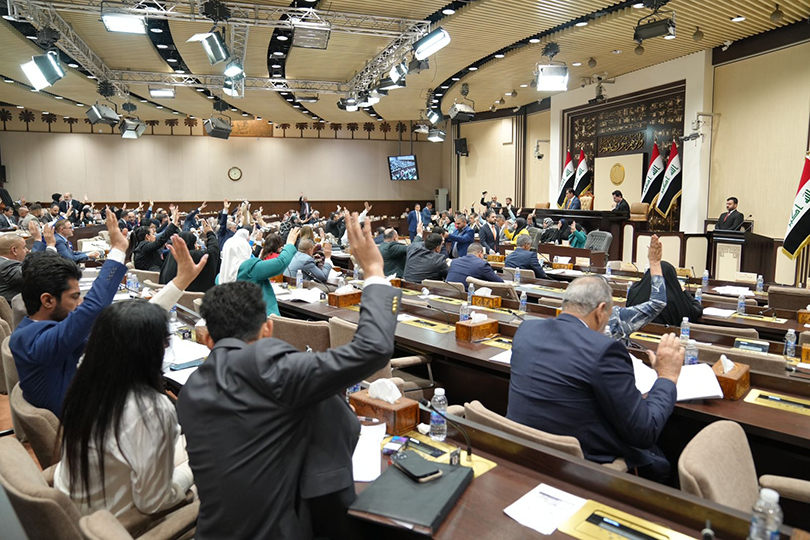By Dr. Hanan Qasim Kazem Al-Khafaji
The Iraqi Law on Workers’ Retirement and Social Security No. (18) of 2023 represents a significant legislative step towards building a comprehensive social security system. This law marks a qualitative development in Iraq's social protection framework. Article (2/First) stipulates that the law aims to provide social protection for workers by including them in retirement and social security schemes, thereby ensuring a decent standard of living.
In this context, the most prominent innovations introduced by this law are as follows:
Inclusion of the Informal Sector for the First Time
Article (3/Third) stipulates that social security shall include workers in the informal sector, whether they are self-employed or working for others. This represents a qualitative leap, as the law allows those working outside the formal sector to voluntarily enroll in the social security system.
Establishment of a Dedicated Social Security Fund
Article (5) provides for the establishment of a fund named the “Social Security Fund,” affiliated with the Ministry of Labor and Social Affairs, enjoying legal personality and financial and administrative independence.
Introduction of a Service Purchase System
Article (33/First) allows insured persons whose subscription period falls short of the qualifying period for retirement to purchase up to five years of retirement service, according to regulations set by the relevant authority. This grants workers flexibility to complete their required retirement service.
Reduction of the Disability Percentage Required for Retirement Eligibility
The percentage of disability qualifying for retirement has been reduced from 35% to 30%, as stipulated in Article (51), which grants a retirement pension to a worker with a disability rate of 30% or more.
Legislative Shortcomings of the Current Law
Despite its clear positives, the law exhibits some gaps and legislative shortcomings, including:
Lack of Effective Mandatory Mechanisms for Including the Informal Sector
Although Article (3/Third) mentions the inclusion of informal sector workers, the law lacks detailed practical mechanisms to ensure their actual inclusion, especially in an economy largely dominated by informality.
Inadequate Oversight and Inspection Tools
The law does not establish stringent enforcement tools to compel employers to register their workers, which perpetuates the widespread evasion of employer obligations.
Bureaucratic Complexity in Procedures
The law does not clearly address the facilitation of enrollment procedures for self-employed workers, making the application of Article (33) on service purchase practically difficult.
Limited Scope of Covered Risks
The law restricts coverage to retirement, disability, death, work injuries, and unemployment, without including protection for non-work-related disabilities.
Conclusion
The Law on Workers’ Retirement and Social Security No. (18) of 2023 is an important legislative step towards establishing a comprehensive social security system. However, its effective implementation faces challenges related to weak oversight tools, the absence of technical mechanisms for including informal sector workers, and the need to simplify administrative procedures. Therefore, it is recommended to review the law and issue executive regulations that address these gaps to ensure effective application.






Comments